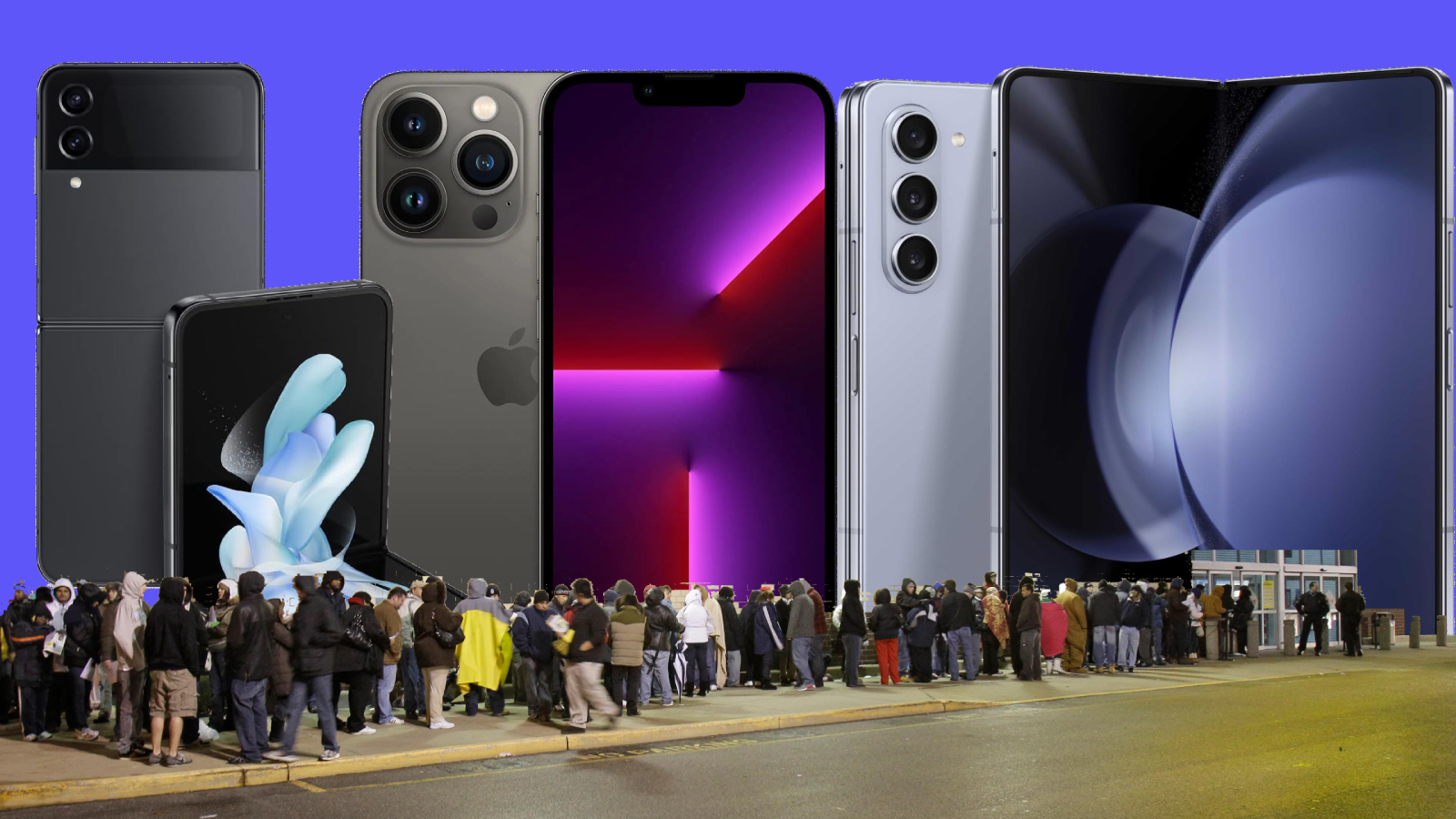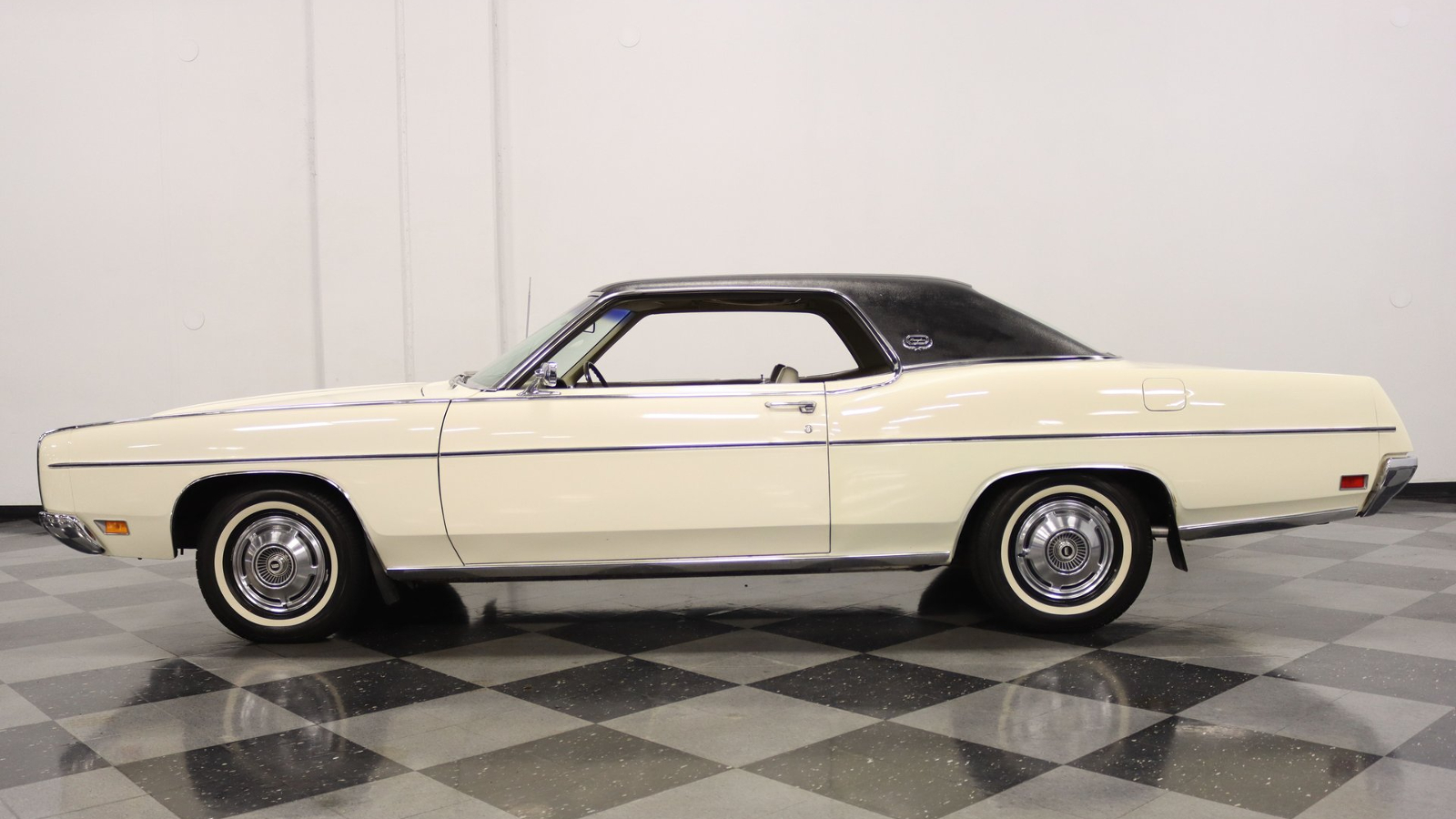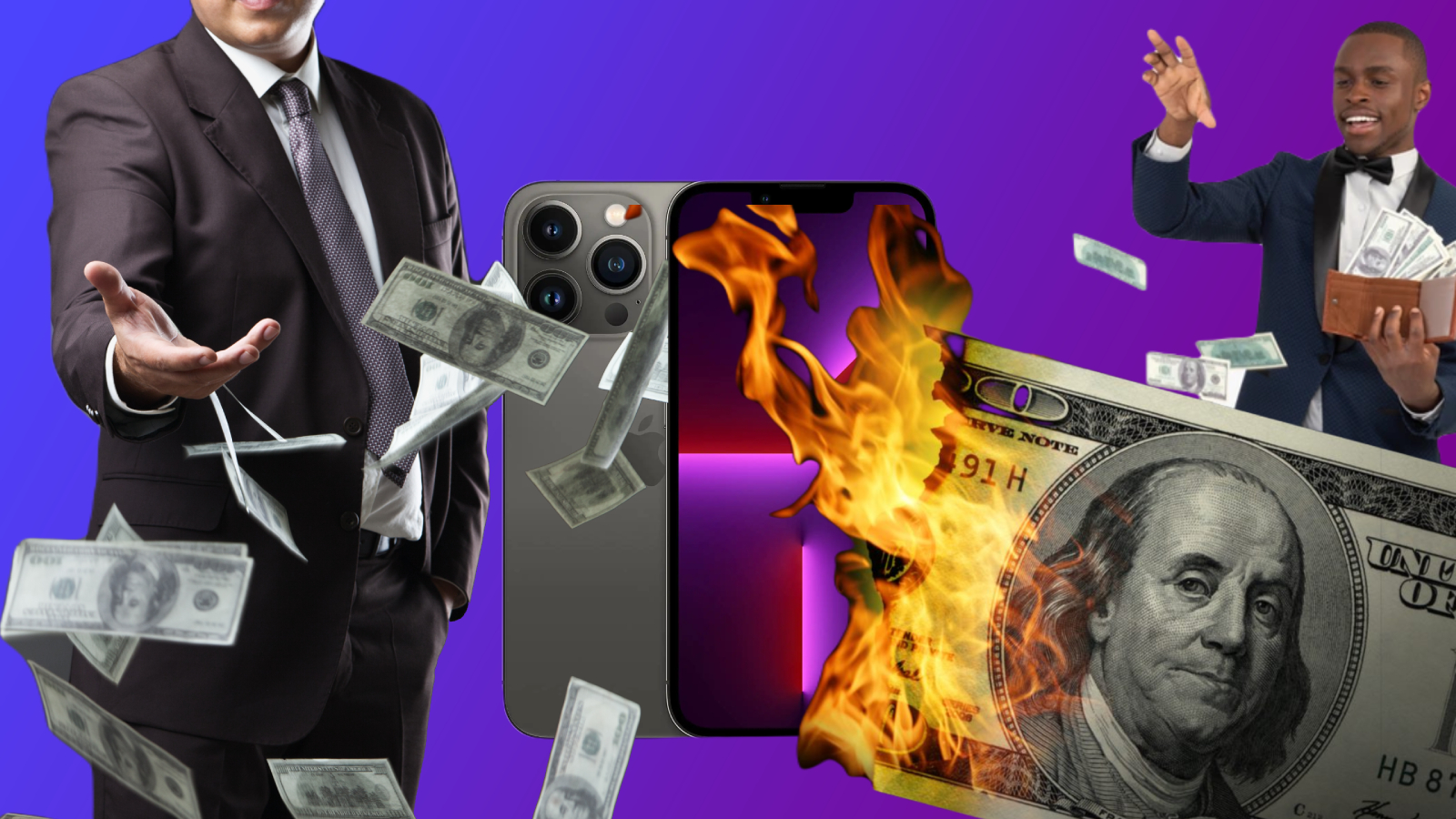
It’s only been a few days since Samsung Unpacked launched the company’s latest hardware, and we’re already hearing a ton of complaints, whines, and cries about the lack of innovation. Well, keep your tears because tech makers don’t care about you being upset over tiny incremental updates.
My tech journalist brethren are discussing the latest changes (or lack thereof) in the Z Flip, Z Fold, Tab S9, blah, blah, blah. Where is the innovation? No tech revolution is coming to save us, and there are no innovations to write headlines about or vlog about. Zero, zilch, nada, and guess what, it’s par for the course since the industrial revolution.
100 years of incremental updates
Ever since Henry Ford revolutionized mass production, makers realized that the masses would put up with slow, plodding decades in making changes and improvements. Journalists, consumers, and influencers whining be damned, as they fall on the deaf ears of tech industrialists and governments (looking right at you, EU), who now want to tell companies how to make devices.
As I mentioned, the best example is the auto industry, which has existed for over a century. If you want to see the future of all your favorite devices, it’s right in front of you. That’s right, your iPhone and Galaxy Foldable Flippity Flip are basically Buicks, and in some cases, the infamously cursed Ford Pinto. Every year, car makers update cars in some tiny way. Whether it's new leather trim, a new stereo option, adding Wi-Fi, or a slight incremental improvement to the fuel injection system. It has happened every year since the mass production of the automobile, and we’ve been addicted to it for over a century.
Apple masters of spin
Apple has mastered this process. Every year, twice a year, they hold these secret events behind the circled castle walls of Cupertino where the pontiff of tech comes out on stage and raises a new device into the air, introducing it like Simba in “The Lion King.” It's always the same name, except for the number. “This year, we bring you the iPhone insert number here.”
No matter how much the likes of Craig (and his fantastic hair) or Tim (and his…hair) talk up the “gamechanging” updates to an iPhone, there’s no doubt that things have grown stale. The upgrade cycle has slowed quite significantly, and it’s not even on these mainstay products either.
The recently announced Apple Vision Pro headset isn’t game-changing or innovative. Lenovo has AR glasses, HTC has VR goggles, and the Meta Quest Pro headsets have been around for a while. I mean, Apple tried to convince the masses they reinvented the pencil.
Only we can change this
The point of my writing this is that people must stop complaining and do something about it. If you don’t buy it, they will either stop making it or do something to improve the product and get you to buy it again.
Sadly, most consumers are addicted to brands or tech ecosystems and can’t help themselves. Trust me, I get it, I love cameras, and I have a lens addiction, although I am too poor to afford new glass; if I could, boy, oh boy, I would be buried in lenses. I would end up on an episode of Hoarders, screaming at my kids as they put my cameras and lenses in storage while finding rotted three-year-old cabbage under a box.
We used to take care of our possessions so that they lasted longer, and we saved money. For example, my dad kept our old 1970 Ford LTD going for 18 years by doing most of the work on it himself.

This is why the right to repair has become a more significant issue, with governments creating legislation to ensure that devices are accessible to consumers for self-repair.
Not everyone can afford a new device yearly, and being able to extend the lifespan of our devices is a beautiful thing. Apple does an excellent job with updates that keep devices relevant for at least five years.
The other method makers used to keep people endlessly purchasing new tech before their current tech needs to be updated via lease deals. Why do you think Apple is considering creating such a program itself, and they already offer credit? What’s next, layaway? Oh wait, there is Klarna and other pay-later programs popping up daily.

They’ve watched wireless providers rake in billions, offering phone discounts. You don’t own your phone (unless you buy it outright); it’s leased. If you go into your service provider's retail store, trade in last year's phone for the new model every year, and pay for it monthly, it's a lease. That’s an issue for me, phones shouldn’t be something you lease like a car. I can list at least four phones that cost more than my first two cars.
Final Thoughts
I love playing with new tech, but I have grown tired of the incremental minor updates. I spoke with another tech journalist about how companies release unfinished products and expect consumers to sit back and wait for firmware updates to get a device's promised abilities to work. We wouldn’t do this with anything else we “own.”
Imagine buying a car, and it's delivered without all four wheels. We know we charged $50,000, but the last wheel will arrive in a few weeks in a delivery update. As consumers, we have to say that’s not good enough.. We have to care less about the newest iPhone and more about whether your current one still does everything you need.
If yes, then save the money and don’t update. Do I need a foldable? What am I going to use it for? We must stop allowing tech makers to gaslight us into spending our money on unperfected products. You work hard for your money and deserve a perfectly functioning product you don’t have to swap out yearly. But at the end of the day, it’s your money — spend it wisely.







